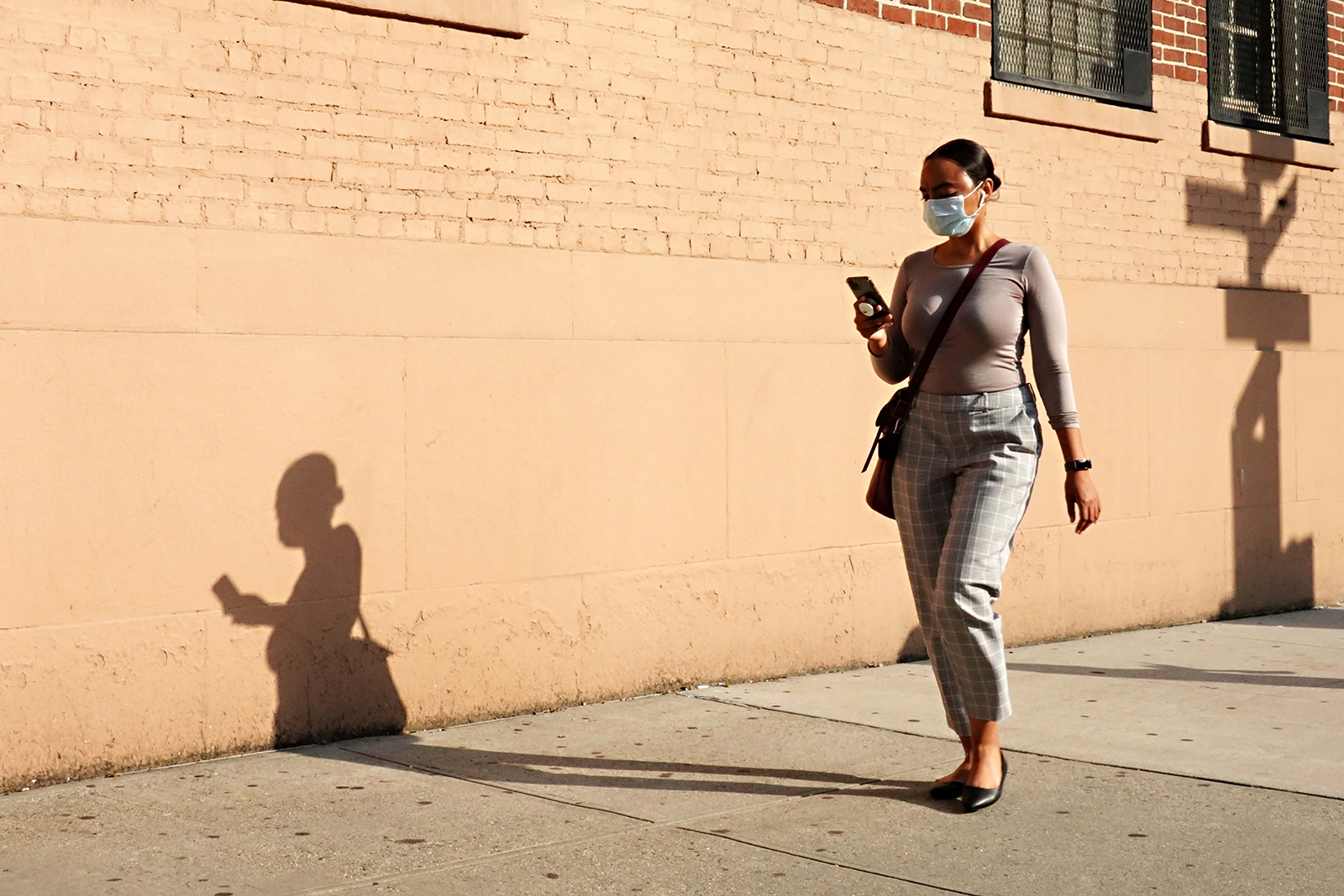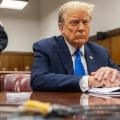
Researchers behind an influential model at the University of Washington are now projecting that the US death toll could reach nearly 300,000 by December 1 -- but that can be changed if consistent mask-wearing occurs.
“America’s Covid-19 death toll is expected to reach nearly 300,000 by December 1; however, consistent mask-wearing beginning today could save about 70,000 lives, according to new data from the Institute for Health Metrics and Evaluation (IHME) at the University of Washington’s School of Medicine,” a statement said.
According to Johns Hopkins University, nearly 160,000 people have died in the United States since the pandemic began. “The US forecast totals 295,011 deaths by December,” the IHME statement said.
The model doesn’t have to come true, said IHME director Dr. Christopher Murray: “The public’s behavior had a direct correlation to the transmission of the virus and, in turn, the numbers of deaths.”
“Starting today, if 95% of the people in the US were to wear masks when leaving their homes, that total number would decrease to 228,271 deaths, a drop of 49%. And more than 66,000 lives would be saved,” the statement says.
In its previous forecast, published July 7, IHME projected there would be 230,822 US deaths from Covid-19 by November.
“Since July 15, several states have added mask mandates. IHME’s statistical analysis suggests that mandates with no penalties increase mask wearing by 8 percentage points. But mandates with penalties increase mask wearing by 15 percentage points,” the statement said.
This new model assumes that 50% of school districts will have online school in the fall. When schools make their final decisions, this will impact the forecast and IHME “will incorporate them into our future revisions of forecasts.”


